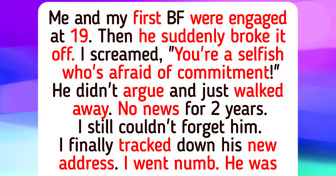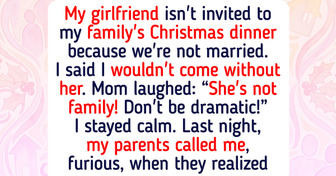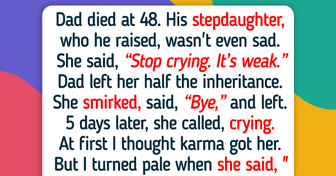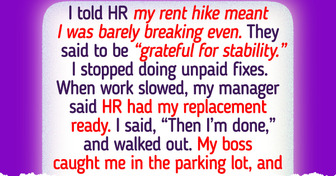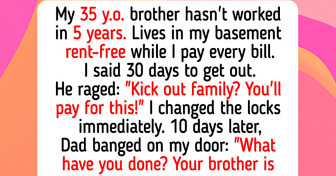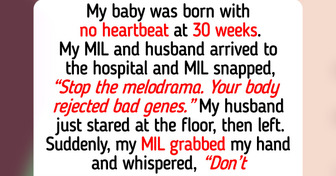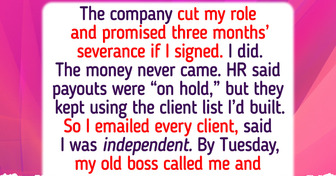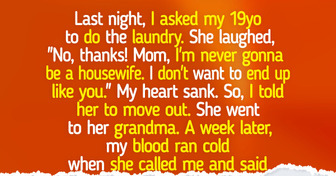9 Warning Signs of Diabetes You Might Be Overlooking


Communication is the foundation of any healthy relationship, but sometimes, the wrong words can cause lasting damage. Whether in the heat of an argument or during casual conversations, certain phrases can hurt your partner more than you realize. They say words can build love—or break it.
One wrong sentence, and suddenly, you’re not debating dinner plans; you’re questioning your entire relationship. So, what are the phrases that are better to avoid?

Effective communication is the backbone of any healthy relationship. It fosters understanding, builds trust, and strengthens emotional connections. When communication breaks down, misunderstandings arise, leading to conflict and emotional distance.
Conflicts in relationships can stem from poor communication habits. That’s why choosing the right words and avoiding harmful phrases is essential for maintaining a strong bond with your partner.

Words have power. The way we express ourselves can either uplift or hurt our significant other. Studies show that couples who communicate effectively are 50% more likely to report higher satisfaction levels in their relationships.
Harsh words can create emotional wounds that linger, while supportive and thoughtful language can reinforce love and security. Understanding which phrases to avoid can help couples build a stronger, healthier dynamic.
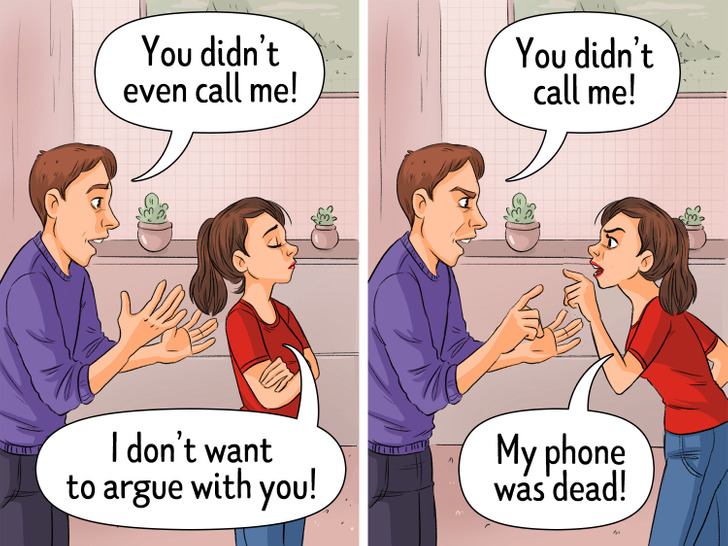
1. “You always...” or “You never...”
Why it’s harmful: These absolute statements make your partner feel criticized and defensive. Better alternative: “I’ve noticed this happens sometimes. Can we talk about it?”
2. “Calm down.”
Why it’s harmful: This phrase can feel dismissive and invalidate your partner’s emotions. Better alternative: “I can see this is upsetting you. Let’s talk about it when you’re ready.”
3. “You’re just like your [parent/ex].”
Why it’s harmful: Comparisons can feel like personal attacks and bring up past wounds. Better alternative: “I want to understand what’s upsetting you. Let’s focus on us.”
4. “I told you so.”
Why it’s harmful: This phrase can sound condescending and erode trust. Better alternative: “I understand how you feel. Let’s figure out how to handle this together.”
5. “It’s not a big deal.”
Why it’s harmful: Minimizing your partner’s feelings can make them feel unheard. Better alternative: “I see that this is important to you. Let’s talk about it.”
6. “If you loved me, you would...”
Why it’s harmful: This is a form of emotional manipulation that pressures your partner. Better alternative: “I would appreciate it if you could...”
7. “Whatever.”
Why it’s harmful: It signals disengagement and lack of care in the conversation. Better alternative: “I need a moment to think. Let’s revisit this later.”
8. “You’re being too sensitive.”
Why it’s harmful: This phrase invalidates your partner’s emotions and creates distance. Better alternative: “I want to understand why this is upsetting you.”
9. “I don’t care.”
Why it’s harmful: It shuts down communication and makes your partner feel insignificant. Better alternative: “I may not fully understand, but I want to hear your perspective.”
10. “We’re done.” (During an argument)
Why it’s harmful: Threatening to break up during conflicts can weaken relationship security. Better alternative: “I’m feeling overwhelmed. Let’s take a break and talk later.”
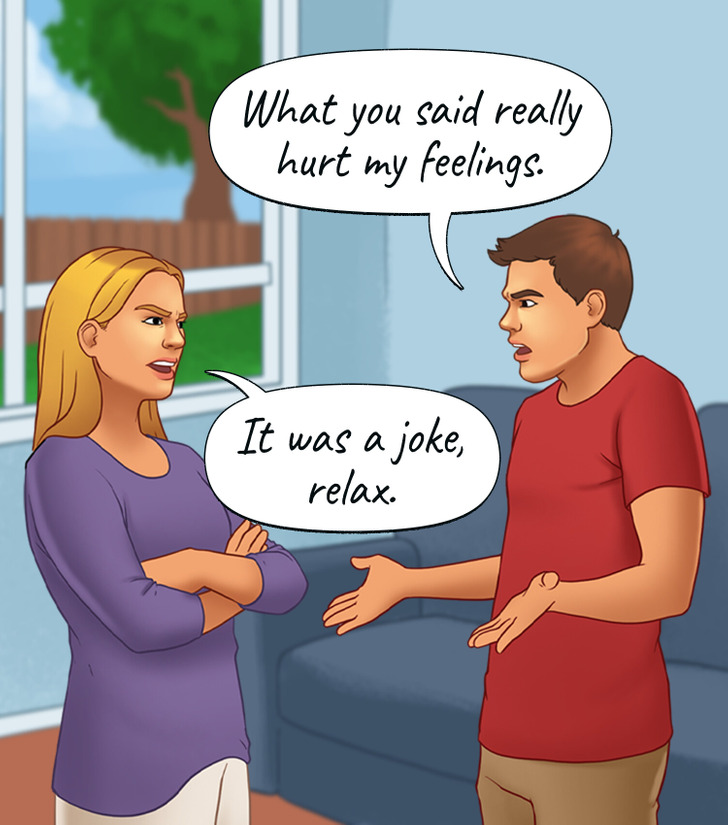
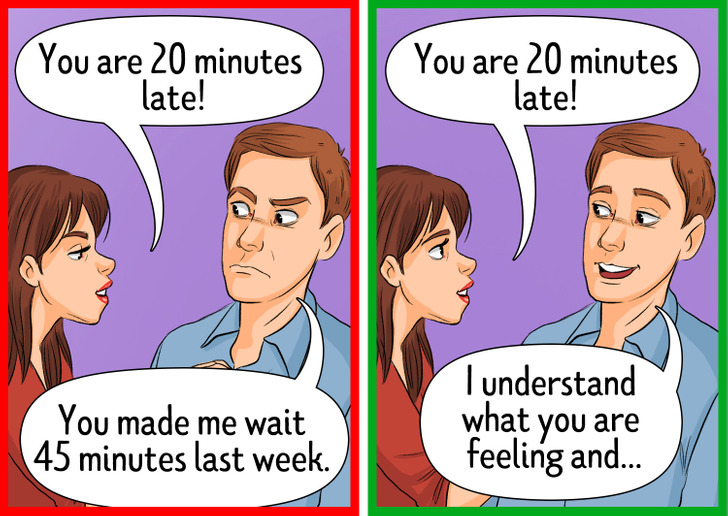
Using constructive language can turn potential conflicts into opportunities for deeper understanding. The key is to focus on “I” statements rather than blame, validate your partner’s feelings, and offer solutions instead of ultimatums.

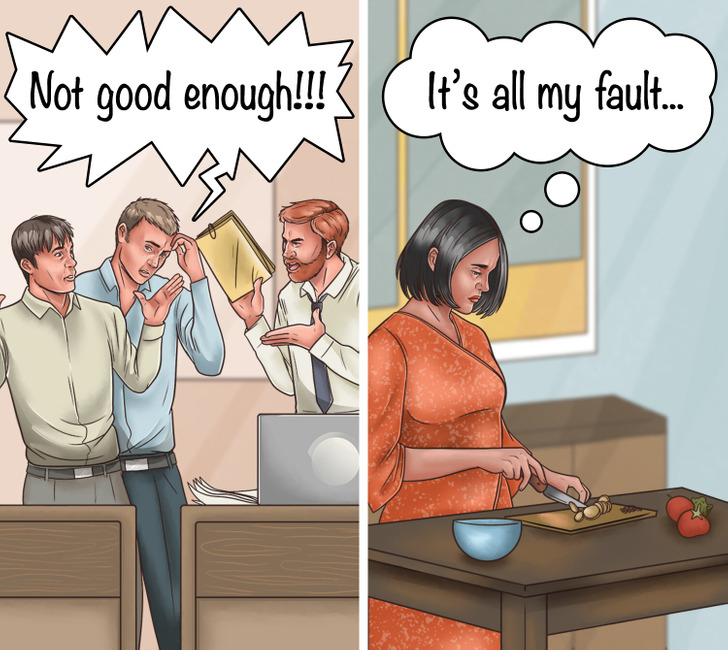
The foundation of a lasting relationship lies in how couples speak to each other. Thoughtful communication fosters intimacy and trust. By avoiding harmful phrases and focusing on constructive dialogue, partners can create a safe space for open and honest conversations.
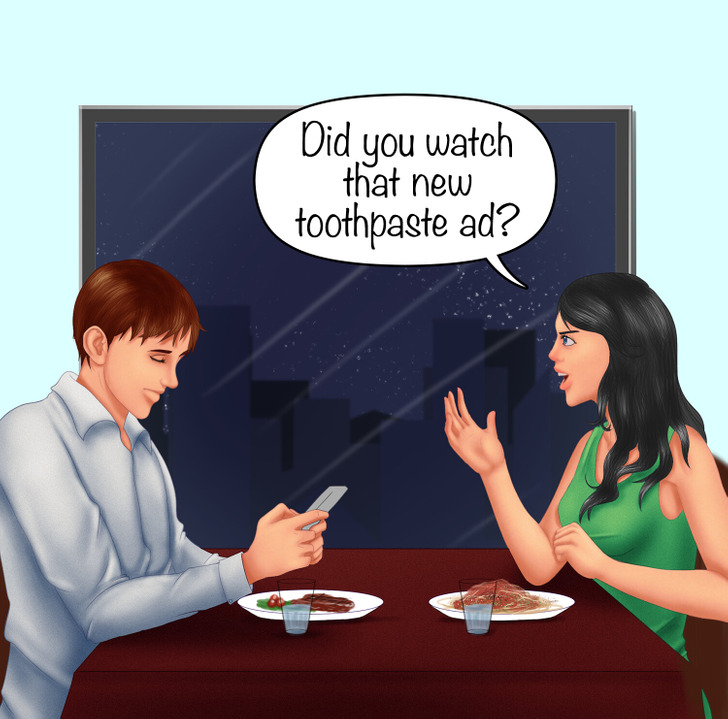
Encouraging open communication requires mutual respect and patience. Some strategies include:
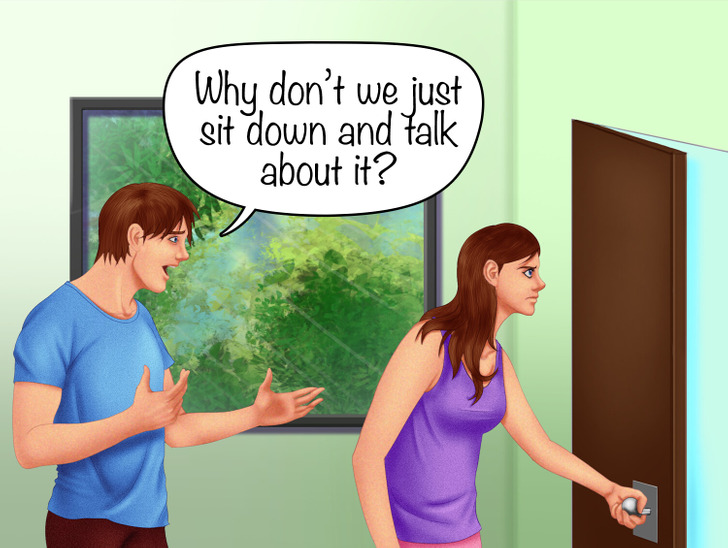
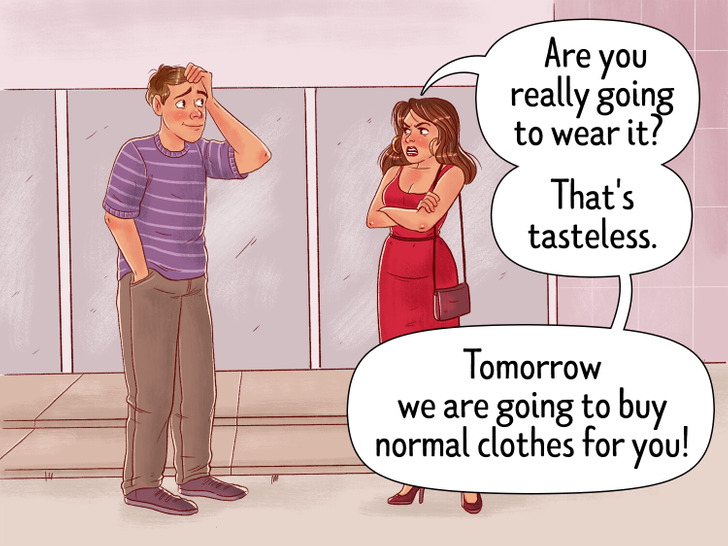
Words matter in relationships. Avoiding harmful phrases and replacing them with thoughtful alternatives can lead to deeper understanding and a healthier emotional connection. By focusing on effective communication, couples can navigate challenges with empathy and strengthen their bond over time.

